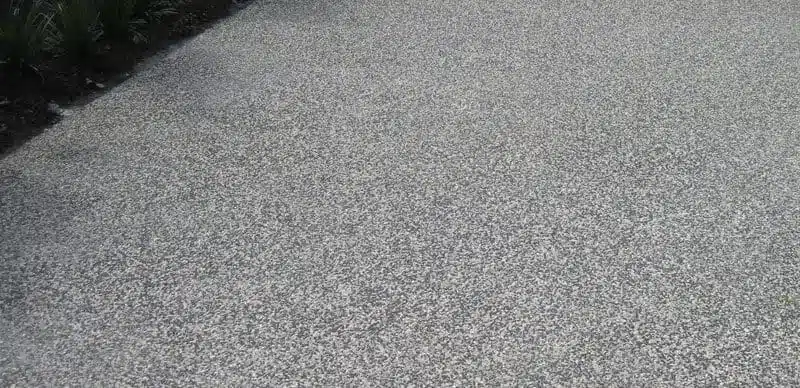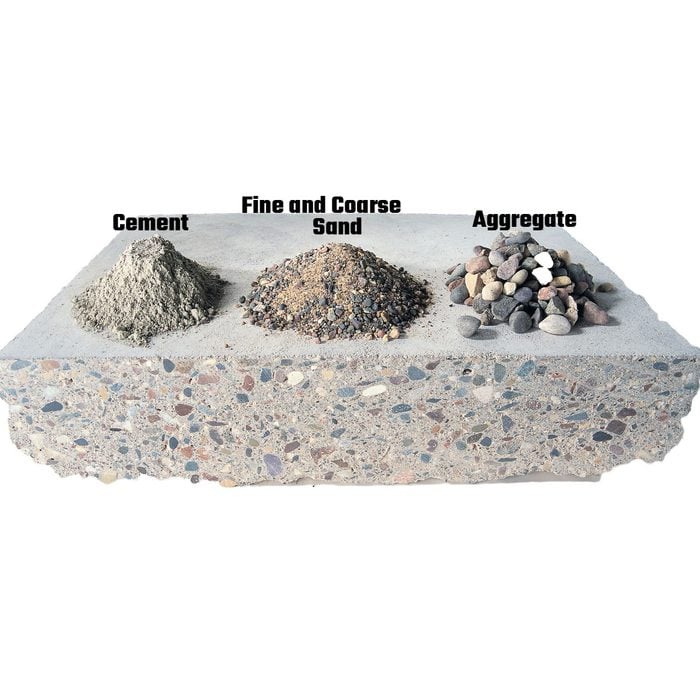Introducing the Eco-Friendly Advantages of Making Use Of Recycled Concrete in Lasting Building Practices
In the world of sustainable building practices, the application of recycled concrete stands as a crucial yet often underestimated resource. Past its standard applications, recycled concrete offers a myriad of environmentally friendly benefits that expand much beyond the confines of typical building products. From lowering ecological effect to improving cost-efficiency, the ramifications of incorporating recycled concrete in lasting structure methods are considerable. This functional product not just addresses pushing environmental concerns however also offers a practical solution to the challenges encountered by the building industry at huge.
Ecological Benefits
By incorporating recycled concrete right into building and construction methods, there is a considerable reduction in the need for new raw materials, leading to conservation of all-natural sources. Furthermore, the use of recycled concrete diminishes the amount of waste being sent out to land fills, thereby decreasing environmental air pollution and easing the stress on landfill capabilities (Concrete).

Additionally, the manufacturing of conventional concrete is a considerable resource of carbon exhausts as a result of the energy-intensive procedure of cement production. On the other hand, recycled concrete has a lower carbon footprint as it reduces the need for brand-new concrete production. This decrease in carbon emissions adds to mitigating environment modification and supports sustainable construction practices. In general, the environmental benefits of using recycled concrete are significant and play an important duty in promoting environment-friendly building and construction approaches.
Cost-Efficiency
Accomplishing cost-efficiency is a vital consideration when examining the use of recycled concrete in construction projects. One of the key advantages of utilizing recycled concrete is its cost-effectiveness compared to standard concrete.
In addition, the usage of recycled concrete can lead to savings in garbage dump expenses by diverting concrete waste from disposal sites. This not only decreases the ecological effect however additionally removes the prices associated with waste removal. The sturdiness and performance of recycled concrete are similar to traditional concrete, making sure that price financial savings do not compromise the quality of the construction.
Resilience and Stamina
Recycled concrete deals comparable, if not superior, longevity and toughness homes to typical concrete - Concrete. With advancements in processing strategies and quality control, recycled concrete can satisfy or go beyond the performance requirements of standard concrete.

Waste Decrease
Effective waste decrease practices play a critical role in the sustainable use of sources within the construction industry. When it pertains to making use of recycled concrete, waste decrease is a key benefit that contributes substantially to ecological preservation. Traditional building techniques commonly produce substantial amounts of waste, particularly in the type of concrete rubble from demolition sites. By incorporating recycled concrete into building jobs, this waste is repurposed and diverted from landfills, decreasing informative post the overall environmental impact of construction activities.
Additionally, the usage of recycled concrete can lead to set you back financial savings for construction tasks, as it is typically more economical than sourcing and moving new products - Concrete. In conclusion, waste reduction with the application of recycled concrete is an important part of lasting construction methods that profits both the building and construction and the environment industry as a whole.
Energy Preservation
Power conservation is an essential aspect of sustainable building and construction methods, intending to reduce the general power consumption connected with building procedures and materials manufacturing. When it involves making use of recycled concrete in building, considerable energy cost savings are achieved contrasted to traditional concrete manufacturing. The process of generating recycled concrete entails recycling and crushing existing concrete products, which takes in less energy than mining, handling, and delivering resources for new concrete manufacturing. Furthermore, using recycled concrete can aid decrease the demand for virgin accumulation, more lowering the energy-intensive removal and processing of natural deposits.
Final Thought
Finally, the application of recycled concrete basics in lasting building and construction practices provides numerous environmental benefits, cost-efficiency, durability, toughness, waste decrease, and energy conservation. By including recycled concrete into building and construction jobs, we can add to a much more eco-friendly and lasting future. It is crucial for the construction market to prioritize the use of recycled products to help in reducing the environmental effect of building activities.
One of the vital benefits of using recycled concrete is its cost-effectiveness contrasted to standard concrete.Additionally, the use of recycled concrete can lead to cost savings in landfill prices by diverting concrete waste from disposal sites. The sturdiness and efficiency of recycled concrete are equivalent to traditional concrete, making sure that cost financial savings do not compromise the high quality of the construction.
:max_bytes(150000):strip_icc()/in-depth-look-at-concrete-flooring-1314684-02-8fdb599f92a747ed94ef5b96110abfc1.jpg)